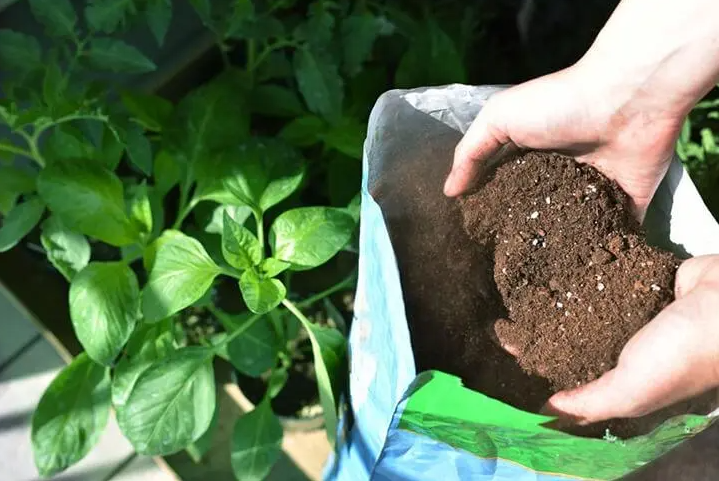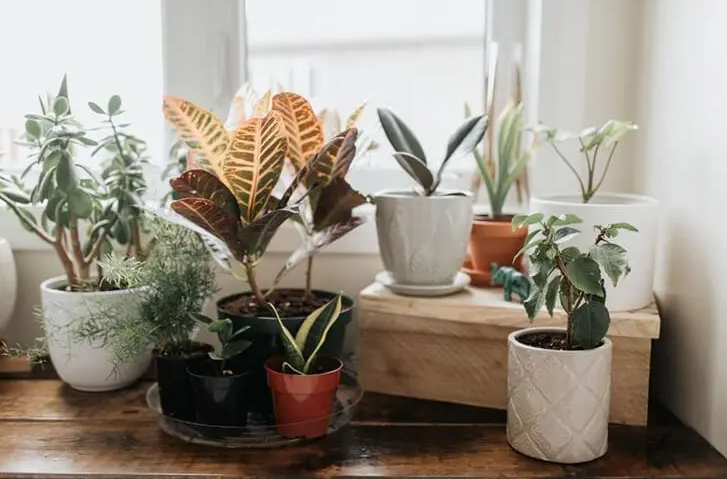
Are you fond of gardening and want to fertilize your plants in a natural and sustainable way? Don’t panic, we have what you need! Discover in this article the most optimal methods to fertilize your plants without chemicals. Learn how to make your own natural fertilizer and give your plants all the nutrients they need!
How to make homemade fertilizer for abundant flowering?

To keep plants in excellent health, products such as fertilizers and the like can be purchased directly from specialized plant stores. To ensure they grow, bloom and bear beautiful fruit in no time, you can also prepare homemade products with ingredients from the pantry!
Several natural fertilizer recipes require the use of bananas which have a noticeable effect on plants.
Since this fruit is rich in potassium and many other nutrients, the result on your plants is always interesting.
This trick should be used to water plants, both potted and garden plants. It is especially effective for peppers, succulents, orchids and hydrangeas and is of great interest for all types of plants. The treatment should be repeated every 15 days, especially in summer, then once a month in winter and autumn.
Natural fertilizer based on banana peels
You will need 5 banana peels.
Then cut the skins into small pieces on a cutting board.
Fill a saucepan with water, bring it to a boil, when it boils, add the skins and boil for 15 minutes.
Turn off the heat and let it cool in the pan. Once cool, the skins can be mixed with the cooking water.
Finally, strain the mixture and pour it into a plastic bottle which can then be stored. The liquid compound can be used to water plants at any time.
You can also use the cold preparation, which is even simpler, just put the banana peels in a bucket with water and let them marinate for 48 hours. Once this time has passed, the resulting liquid can be used to water the plants when necessary.
You can also use another trick, using coffee grounds, which is a natural fertilizer for plants. Composting coffee grounds is as simple as throwing used coffee grounds into your compost pile. Used coffee filters can also be composted.
What are the benefits of natural fertilizers?
These are the main advantages of natural fertilizers:
Soil Fertility : Natural fertilizers balance the soil ecosystem instead of disturbing it, this soil remains fertile in the long term.
BETTER HEALTH FOR PLANTS :
They boost the health of plants naturally.
No Artificial Ingredients – You don’t have to worry about adding artificial ingredients to your soil.
Composting Quality:
It can decompose organic matter for a quality composting process. Decomposition can follow the correct path without chemical intervention.
The best result with good nutrients : you get the nutrients slowly but sustainably.
Strengthening the immune system of the soil and plants : they make crops more resistant to adversities.
Easy process : Natural fertilizers can be easily prepared at home.
What are the benefits of natural nitrogen fertilizers?
Nitrogen fertilizers are those in which nitrogen or its derivatives are present in their composition.
Nitrogen fertilizers are used to ensure plant growth and also to promote cell structure.
One of the most important characteristics of this product is its ability to stimulate vegetative growth.
The composition of nitrogen fertilizers allows their application as a base fertilizer or as a cover fertilizer in many crops. These must be distributed and applied in adequate quantities so that the crop has a good yield.
What are the benefits of high potassium fertilizers?
Potassium fertilizer is an excellent tip for many plants, trees and lawns. However, there are some plants that should not receive potassium fertilizer, such as hydrangeas, azaleas, and rhododendrons.
When is it advisable to fertilize indoor green plants?

At the end of winter with spring vegetative recovery. It is precisely during this period, between March and April, that it is a good time to fertilize indoor plants, as well as outdoor plants in pots or in the ground, flower or fruit bushes in the garden, orchard. Each plant needs its own specific fertilizer.
Some fertilizers act immediately, others have a slow and gradual action. Soluble liquids or powders, dissolved in water and poured onto the ground, are absorbed in a few days.




















